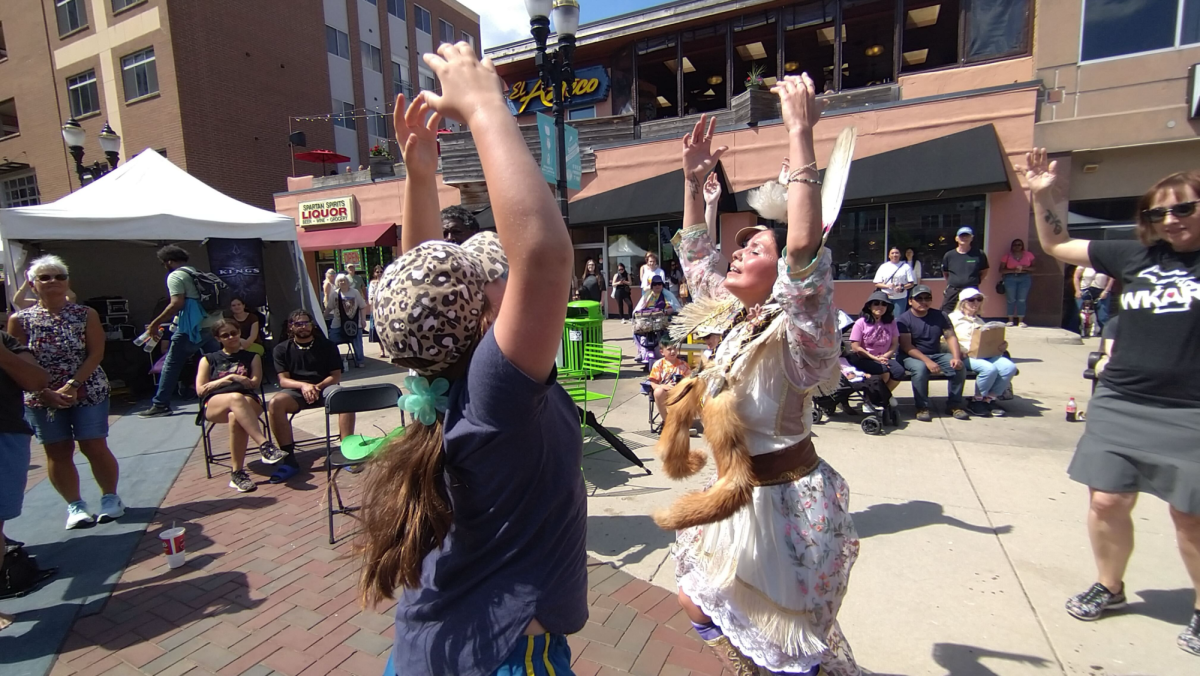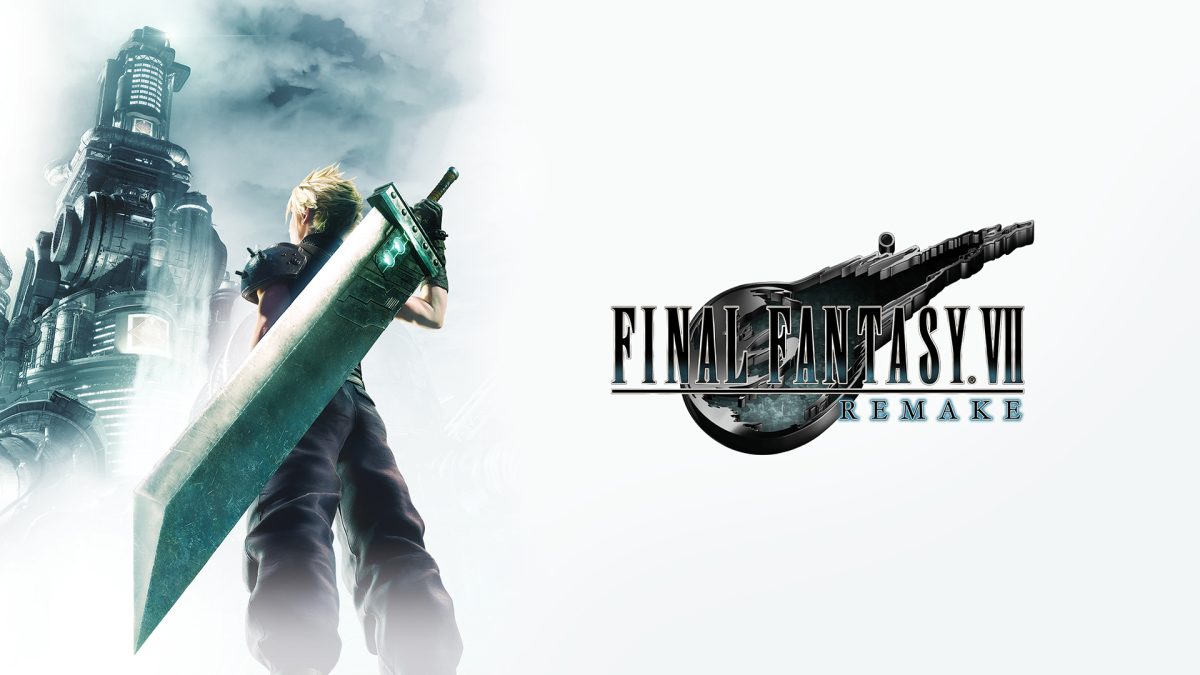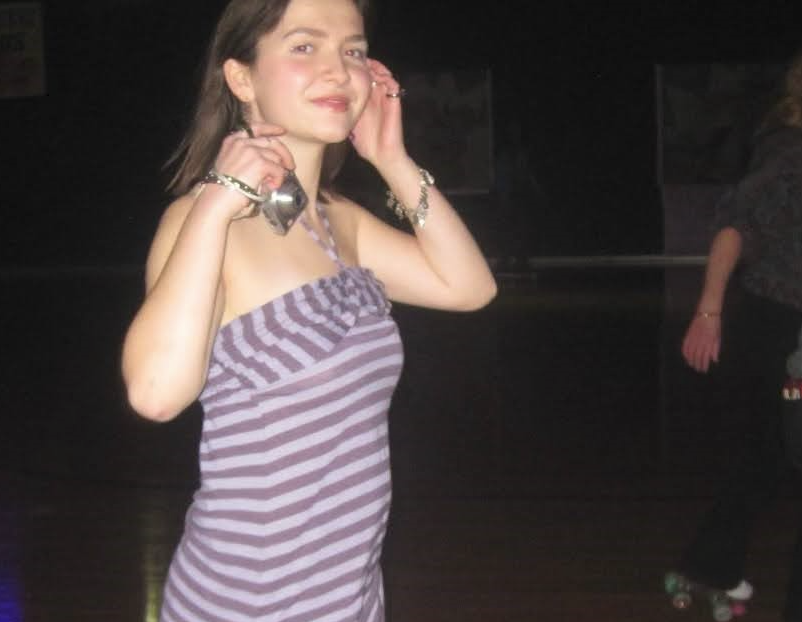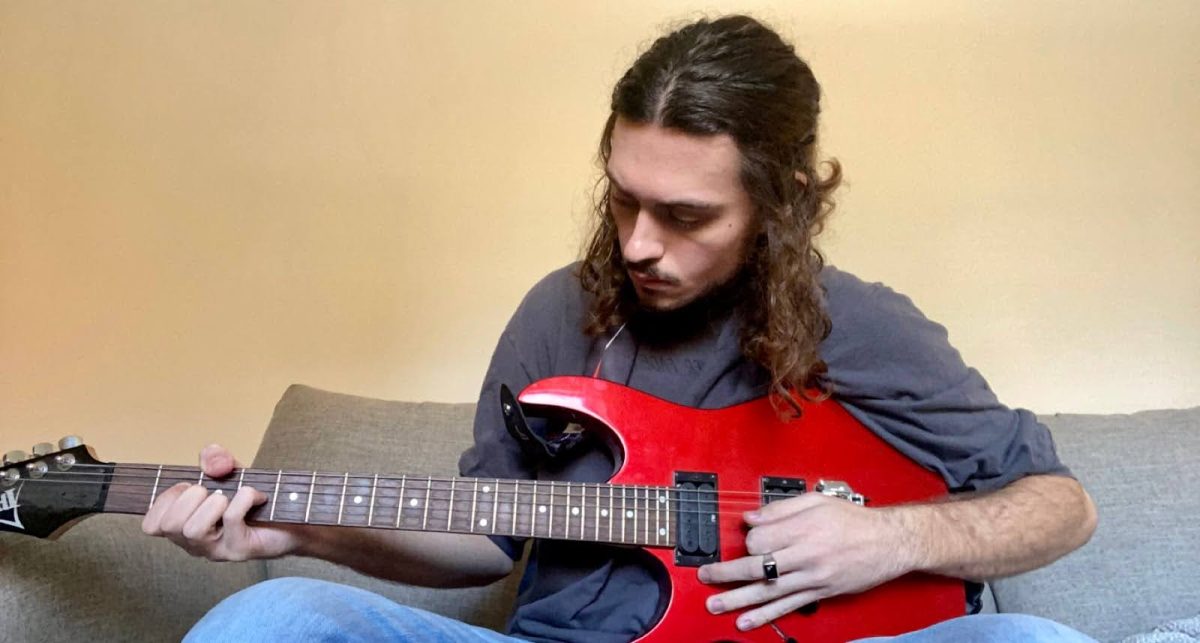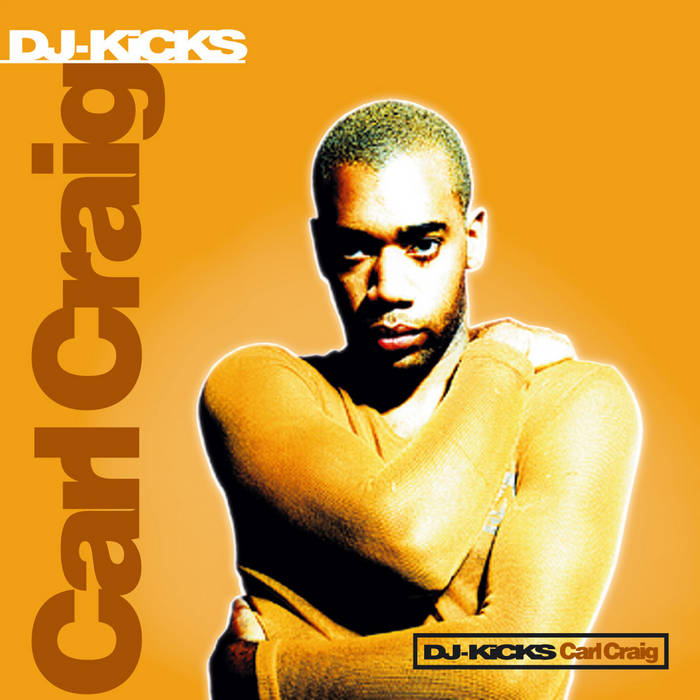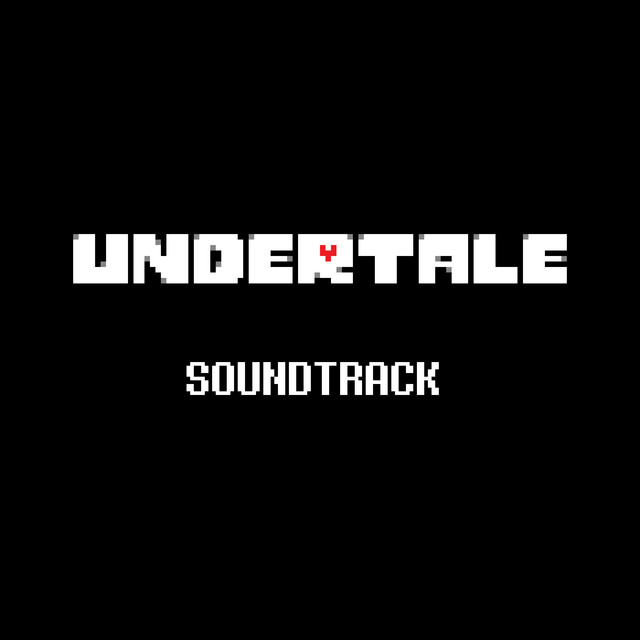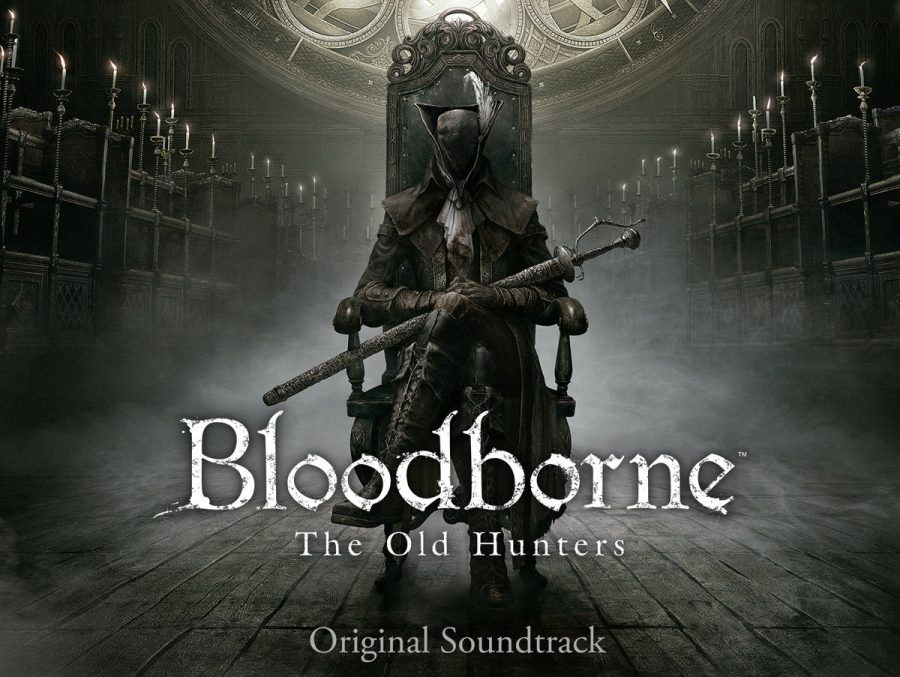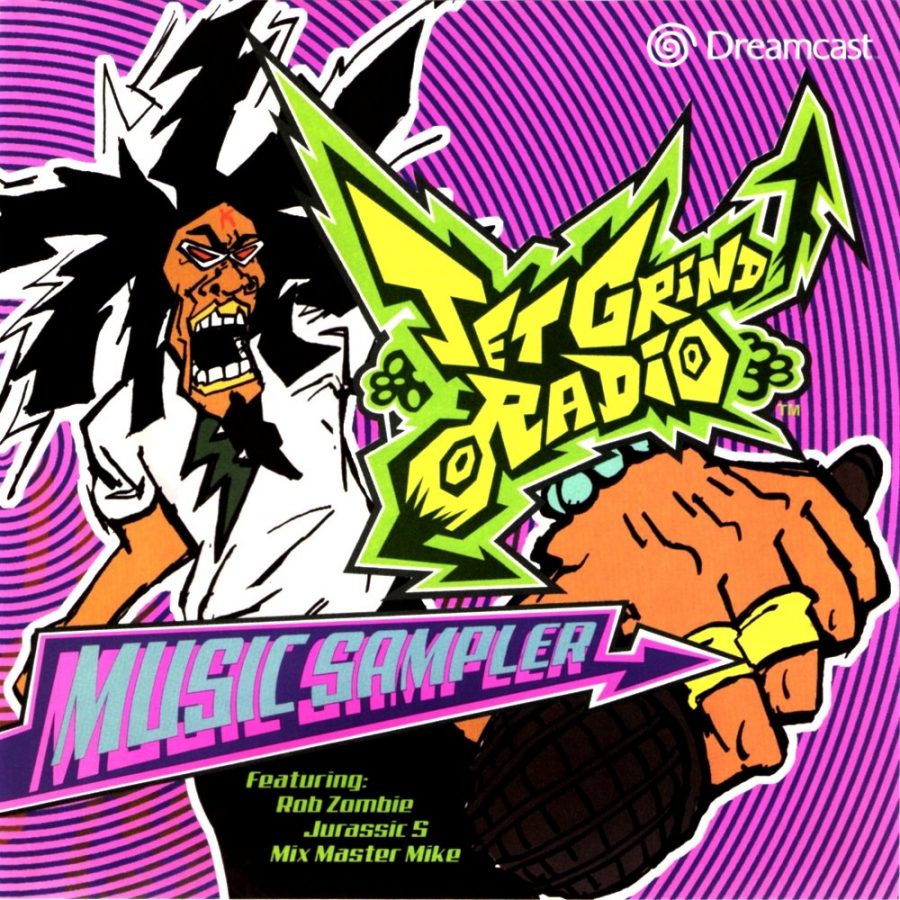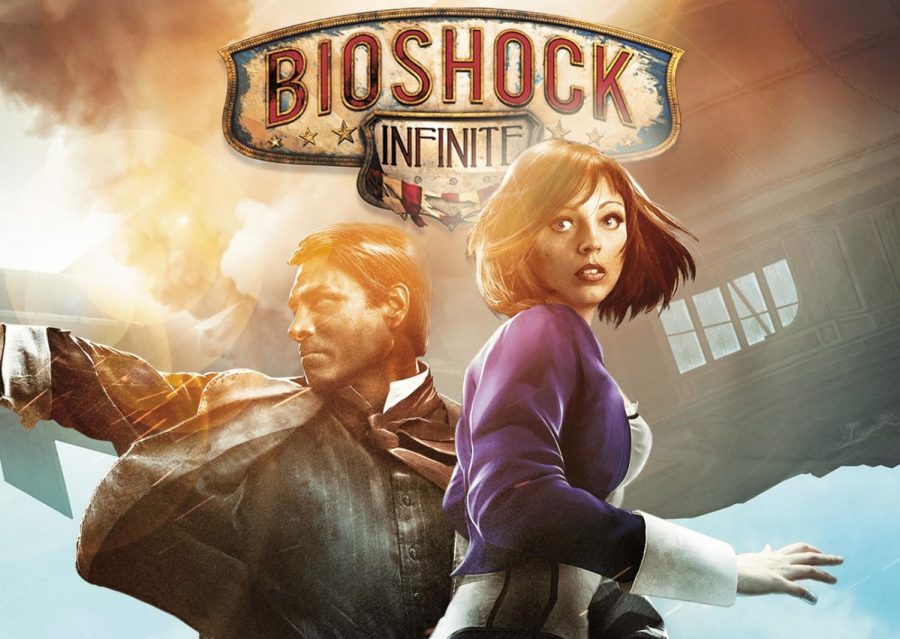I’ve been vaguely familiar with Final Fantasy VII for my entire life, at least as far as I can recall. This is not something unique to me, of course. The Final Fantasy series is one of the most successful and influential game series of all time. After all, saying I’ve known Cloud Strife’s name for as long as I can remember is like saying I know who Link, Ash Ketchum or any number of iconic game characters are.
That said, although I can’t exactly put my finger on the first time I heard of the game, I remember the first time I heard a song from Final Fantasy VII with shocking clarity. I was in seventh grade at the time, looking at screenshots of an old forum from 2009 that some internet celebrity was active on, and eventually, I found him recommending a song called “Interrupted by Fireworks.” Naturally, I went to give it a listen and found what I was looking for.
How does one even begin to describe “Interrupted by Fireworks,” or as it’s now called, “Words Drowned by Fireworks”? It’s just something about the way the melody sweeps over the listener, the way the music swells. It’s gentle and overwhelming all at once. I could listen to it forever, and yet, I can’t hear it without getting oddly emotional. Somehow, even removed from the context of which it’s played, something about it just resonated with me on a deep level. It was the first time I ever cried over a song, let alone an instrumental from a game I hadn’t even played at the time. Needless to say, I had it learned on piano within the next week.
I left it at that, back then. “Interrupted by Fireworks” and “Holding My Thoughts in My Heart” shaped the way I viewed the game for several years as I went on knowing only scattered information through sheer osmosis. Those two tracks still stick as the definitive gold standard for instrumental music, and yet, even they became lost among the soundtrack of Final Fantasy VII as a whole. Composed by artist Nobuo Uematsu, each track cultivates an atmosphere that’s unable to be found in practically any other work out there. From melancholic to energetic, technological to orchestral, Uematsu never fails to perfectly emulate the energy of a scene.
When discussing Final Fantasy VII’s music, one would be immediately inclined to mention perhaps the most iconic song within the tracklist: “One-Winged Angel.” This is, of course, the main theme of Sephiroth, the central antagonist of the story. Calling Sephiroth an intimidating figure throughout the game would be putting it lightly. Standing at a rigid 6 feet 7 inches tall, his presence both literally and figuratively looms over titular protagonist Cloud Strife. Sephiroth appears to Cloud Strife in vivid and mind-breaking hallucinations, leaving black feathers in his wake each time he leaves, lingering in the back of Cloud’s mind at every moment, all while keeping up his perfect, beautiful hair — which he has been stated in-game to use an entire bottle of both shampoo and conditioner on whenever he washes his hair, scented with thirteen types of perfumes, including rose and vanilla. As the narrative continues, it becomes clear that what Sephiroth ultimately seeks is an ascension to godhood, believing that he will be able to merge with the lifestream of their planet to control it entirely. His strength is notoriously unmatched; he even makes appearances in other games as an otherworldly, powerful being, such as his cameo battle in Kingdom Hearts or in his Smash Trailer, in which he doesn’t even receive a Smash invitation but instead shows up unannounced in order to brutally stab Mario on his sword and once again fight Cloud. These elements — his perfection, his intimidating, vengeful and obsessive nature, his goal of becoming God and his strength — are all flawlessly represented within his theme.
With a runtime of a bit over seven minutes and set in the key of D-minor, “One-Winged Angel” is almost frightening to listen to. From the moment it begins, the heavily orchestral and layered sound reverberates through the listener’s ears; the repetition of the unsettling melody coursing through over and over again as the sounds build over the first minute. While the majority of the other songs on the soundtrack are instrumental, “One-Winged Angel” is one of the very few that has lyrics. The words, choral and sharp in their diction, are spoken in Latin, a language that, though not in frequent use anymore, is largely associated with music from hundreds of years ago — the closest comparison that comes to mind would be Mozart’s “Requiem.” The lyrics, when translated, are as such:
“Fate monstrous /
And empty /
Burning inside /
With violent anger /
Sephiroth, Sephiroth /
Come to me, (Glorious) /
Do not let me die (Generous) /
Sephiroth, Sephiroth.”
The fortissimo of the speech combined with the fast-paced rhythm creates a feeling of anxiety to bubble up within the listener, but knowing the lyrics and how they connect to the character make it all the more fitting overall. Beyond the mention of his violent anger, the words work to dive into Sephiroth’s backstory. Though not all of the details are mentioned in the main game, Sephiroth was touted as military propaganda throughout the course of his life, so much so that both Cloud and major character Zack Fair idolized him for years. However, he eventually discovers that his mother was a deceased god named Jenova and realizes he is not a human being at all but rather a monster. This realization causes him to lose his sanity and begins his pursuit of godhood. The notion of his fate being “monstrous and empty” is a direct allusion to Sephiroth’s realization of his inhumanity. The final three lines can be interpreted as Jenova speaking directly to Sephiroth, asking him to let them live as he searches for them. Overall, “One-Winged Angel” works on every level, clearly communicating who Sephiroth is as a person through the tone and sound of the music while simultaneously revealing more about his personality through the deliberately-chosen lyrics.
Of course, this isn’t even to mention how the other character’s themes suit their personalities perfectly. The first that springs to mind is “Aerith’s Theme.” Aerith Gainsborough is initially introduced as a simple flower-pedaller, yet she quickly becomes a major character within the story. Her origins tie back to several other important characters, most notably Sephiroth and Zack Fair, and she becomes close with Cloud as well. She is additionally one of the most tragic characters in a narrative sense; in the original game, she unwillingly sacrifices herself to save the world. Her theme only plays three times, however each play of it signifies a vital moment for her character — most notably, when the rest of the cast remembers her after her passing. Composed in the key of D-mixolydian, “Aerith’s Theme” is rather lighthearted upon first listen, with soft, airy major harmonies and melodic solos permeating each moment of the piece. However, each note is tinged with an underlying sense of melancholy, sounding almost like a goodbye. It’s happy and heartbreaking all at once, and in a way, it can only truly be understood with knowledge of who she is. This notion is perpetuated through almost every other theme within the game.
As one listens to the soundtrack, it’s difficult not to notice the amount of variety within the tracks. This is another facet of what makes the songs so listenable; each one brings a different energy, while simultaneously being able to fit right into the game perfectly. The smooth jazz of “Turks’ Theme” is a notable example. The sound is completely different from many of the other pieces, yet it still manages to maintain unity with the rest of the songs overall and immediately gives the listener the impression of who the Turks are. Similar can be said for the more techno-inspired track “JENOVA”; the synth employed manages to sound other-worldly and a bit frightening yet retains elements of the signature tone of the game’s music.
There is a certain name that is ever-present throughout the game, impossible not to discuss: Zack Fair, who was Cloud’s best friend during his time as a cadet, Sephiroth’s former comrade and Aerith’s first love. This may seem odd. Considering the relatively small role he plays in the actual base game of Final Fantasy VII, he should be nothing more than a side note. However, despite his lack of screentime, Zack is such an important piece of the game that it’s impossible to not mention him. In the story, Zack is a driving force for Cloud, encouraging him to become a soldier and becoming Cloud’s main inspiration. Later on, he saves Cloud’s life but dies in the process, asking Cloud to live for the both of them. By stating that Cloud will be his “living legacy” as he breathes his final breath, Zack causes Cloud to essentially live out his life for him. He is the reason Aerith was drawn to Cloud as well as the reason Cloud is able to kill Sephiroth for the first time. This is the story as it was in the original game: tragic yet simple and ultimately vital to the development of Cloud. However, the remake changed this — the timeline is altered, and Zack doesn’t die. As the scene where Zack carries an unconscious Cloud across continents plays, the notes of the song “Hollow” chime in. “Hollow” is another one of the rare instances where a song is given lyrics, this time in English:
“Shine bright, once more /
Guide me, to you /
Smile bright, once more /
This time, I will never let you go.”
The song was confirmed by both the game’s director and composer to be written in Cloud’s point-of-view, but there is contention on whether the song is referring to Zack or Aerith, who are both extremely important people to Cloud who he lost in the past. However, regardless of who the song is targeted towards, its message is clear: This time, Cloud’s not going to lose the people he cares about. He’s going to save them and save the world, without sacrificing one for the other. That’s exactly what Final Fantasy VII is about, after all — the people in Cloud’s life and their importance to him. It’s about how he keeps fighting on after everything he’s been through with their support and how even if he hides the care he feels for others behind aloofness, deep down he will do anything to protect them.
To speak of Cloud Strife is sort of a difficult task, one that has been danced around throughout the length of this essay. To speak candidly about his personality on a basic level is easy, of course. He’s no-nonsense, quiet and quick to anger. Yet, he harbors a quiet-hero complex and a desperate want to protect the people in his life because he failed to do in the past, with the aforementioned Zack dying in front of him as well as his hometown being burnt to the ground by Sephiroth, which only he and his friend Tifa survived. More than that, though, Cloud is the glue that connects every character in the game, with every person he comes into contact with inevitably being greatly impacted by his presence. He is the one Zack died for, the sole connection Tifa has to her home and the only one who was ever able to defeat Sephiroth. Though he does not have an official song dedicated to him, it would be fair to say that the game’s main theme song doubles as his own.
The main theme of Final Fantasy VII transcends itself throughout every other track, encapsulating the atmosphere perfectly throughout its notes. Throughout the six-minute runtime, it manages to represent both the tragedy and the beauty of the other songs, repeating the gentle melody of “Interrupted by Fireworks” and taking on a similar haunting sound to “One-Winged Angel.” It touches on every note the game presents, providing a perfect representation of Cloud’s journey as well as the characters both he and the audience fall in love with along the way. The combining of different sounds and feelings align with how Cloud himself is an amalgamation of these parts — his experiences and trauma, the ones he loves and admires and the ones he fights against. It’s grand and powerful, comforting and quiet, bittersweet and longing all at once. There could be no better song to show the masterpiece that is Final Fantasy VII, its characters and its story.
Above all that, the game is worth playing just for Sephiroth because he’s gorgeous and “One-Winged Angel” goes hard.


